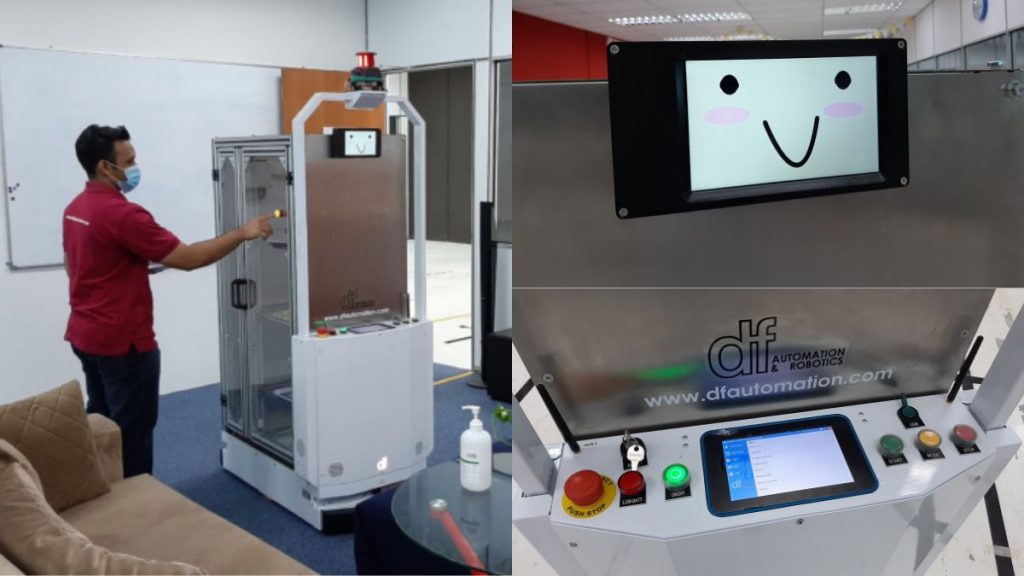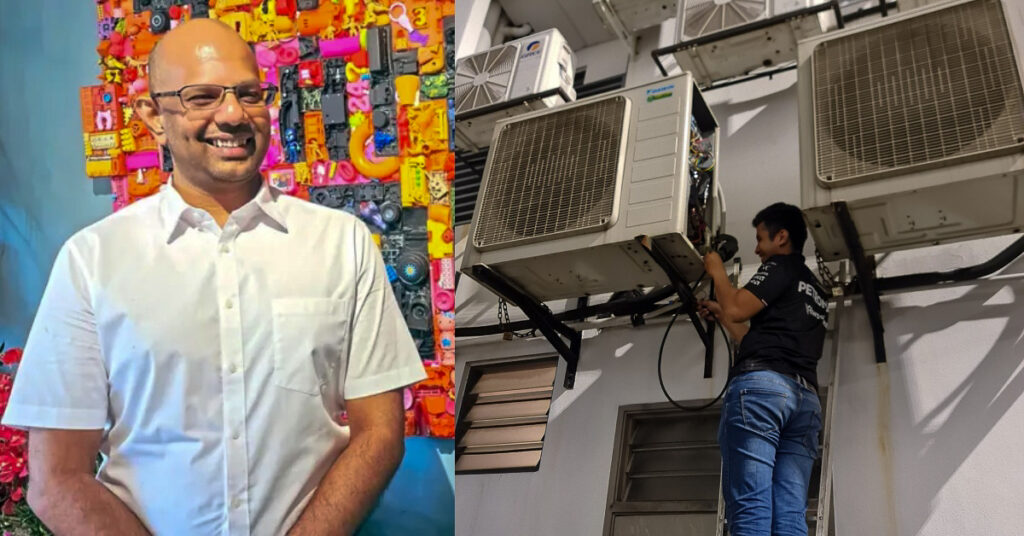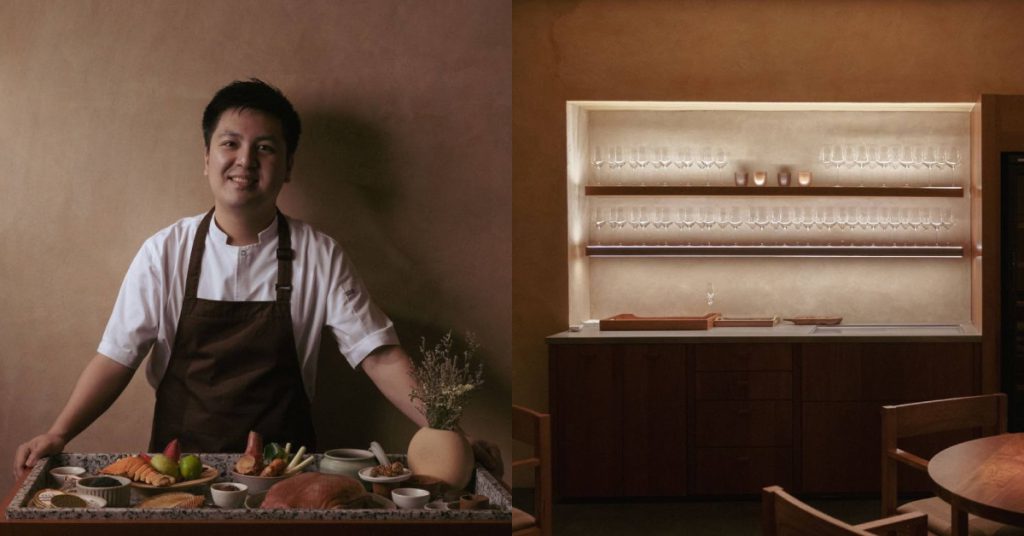Author’s Blurb: I think what COVID-19 has proven to us is that technology truly is our saviour in this time when it’s dangerous to have frequent contact between people. I’m not just talking about online deliveries and such, but the use of robots to navigate the situation too.
DF Automation & Robotics is a Malaysian tech company that specialises in designing, manufacturing, marketing and consistently improving Automated Guided Vehicles (AGV) systems for various industrial and commercial uses.
Just a few days ago, the team revealed its latest robot creation with the purpose of helping curb the spread of COVID-19 to medical personnel: Makcik Kiah 19 (MCK19).
It is meant to help deliver food and medicine in the stead of doctors and nurses to lessen the chance of COVID-19 transmissions from patients to staff.
This robot prototype was developed in collaboration with Universiti Teknologi Malaysia (UTM) and Hospital Canselor Tuanku Muhriz UKM (HCTM), and it took a total team of 26.
We spoke to Dr. Yeong Che Fai, co-founder of DF Automation & Robotics (DF) and an associate professor at UTM’s School of Electrical Engineering, to learn more about how MCK19 came about.
Making The First Move
The idea was planted on March 25, when PM Muhyiddin announced that the first phase of the MCO would be extended until April 14.
“At that time, we think DF can do something about it to help frontliners. As we are a robotic company, we understand that robots could be useful for frontliners,” Che Fai told Vulcan Post.
He and his team then began sketching potential ideas they could execute, and came up with one of these earlier sketches of a disinfecting robot using a spray or UV.

On March 27, DF published on its website that it wanted to do something to help with the COVID-19 situation and was looking for partners to work on this.
That same day, our Ministry of Science, Technology and Innovation (MOSTI) contacted Che Fai. By the afternoon, a WhatsApp group called MOSTI Autonomous Robot was created and Dato’ Norhalim Yunus, CEO of Malaysian Technology Development Corporation (MTDC), was coordinating with other robot companies and universities.
Over the next few days, DF would do a site visit and Che Fai would present in a meeting with the aforementioned representatives of organisations to introduce them to DF and what they could do immediately.

Short-term, he said they could use DF’s existing robots in their Johor office, and for the long-term, they could design a brand new robot specifically for hospitals, but the latter would need funding and more than 6 months to create.
By April 1, they got approval to start their work and deliver the robot.
Making Human Lives Easier
They officially got the letter of work from MITI on April 10 but would have to pack the robot on April 14, giving them only 5 days to work (the weekend included).
Che Fai said that this took a lot of planning, project management, work distribution, and constant updates with each other.
This prototype cost about RM200,000 as DF used its standard industrial robot. It comes with rechargeable batteries and can charge itself once the batteries are weak.

Before passing it to medical officers for use, DF does the mapping and programmes the robot for several functions.
Once those are done, a medical officer can just instruct MCK19 to go to a particular room automatically via the touchscreen interface on the robot or through a laptop.
Thus, medical staff will only require simple training on how to interact with the robot. If the hospital has an IT or engineering team, DF will train them on servicing, maintaining, and programming the robot.
The patients that MCK19 is meant to deliver medicine and food to are not those in the ICU, as they will need to be able to move to collect their items from the robot’s shelves.
As for MCK19’s name, Che Fai said that Dato’ Hanafiah, the Director of HCTM, came up with it after brainstorming with the team for 1.5 hours.
“The main reason is because we wanted to call it something with the soul of Malaysia. This MCO has brought lots of inconveniences and challenges to many, and the PM also used this name to represent a typical Malaysian going through this challenging time.”
Doing What They Can
On UTM’s news hub, an article on April 8 stated that MCK19 was expected to be tested by the end of that week, and if the robot is found to be useful, DF will commit to mass producing it for hospitals or other organisations.
“For a small number of 10 units/month, DF is still capable of manufacturing it ourselves. If the demand is high (around 50/month), either we expand ourselves or we have partners and suppliers who can help us manufacture,” Che Fai told us.
However, they haven’t concluded how distribution would be done, but he said that they will do it themselves for now. In the long run, they hope to partner with a reputable healthcare distributor.

“I was told hospitals do not have funds for this, thus we are looking for different methods such as leasing model or via government initiative. We aim to set price around RM100,000 or less, but this will need some R&D,” Che Fai replied when we asked how much hospitals would pay for one.
He added that while it’s possible to get cheaper robots from China, they’re usually meant for mass production and thus have limited features and support is always a challenge.
On the other hand, getting robots from Japan or Europe will cost a lot more.
“For DF, our advantage is being a local Malaysian company and we designed all from scratch, thus we can provide a more affordable full solution as well as fast support and maintenance,” Che Fai said.
“As of today, we have 4 active project teams working aggressively on 4 different applications which are Hospital Delivery Robot, Disinfection Robot using Spray, Disinfection Robot using UV light, and Teleoperation robot. More to come! Stay tuned.”
This entire line of robots could also be DF’s new business opportunity, one which Che Fai described as being very interesting.
Bottom Line: I truly hope that MCK19 works out as intended as it can help cut down on the use of PPEs and other equipment for healthcare professionals attending to patients under investigation (PUI) who may be highly contagious. And kudos to DF Automation & Robotics for stepping up to the challenge in such a short amount of time as well.
- You can read more on what we’ve written about the MCO here.
Featured Image Credit: UTM / DF Automation & Robotics














